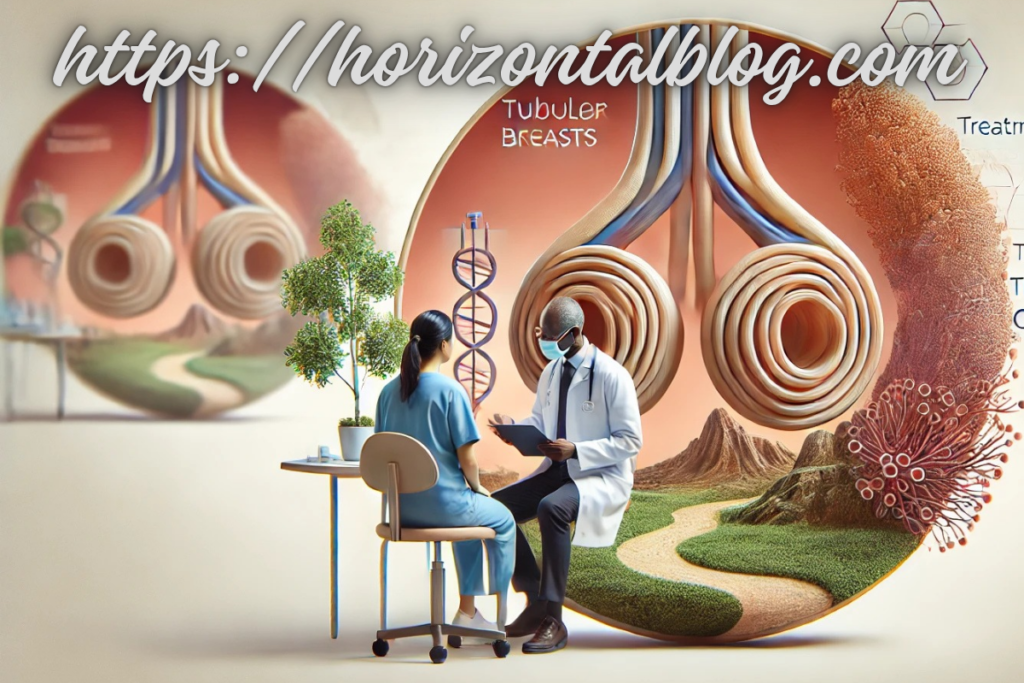Overview
Tubular breasts, also known as tuberous breasts, are a congenital condition that affects the shape and development of the breasts during puberty. Many people with tubular breasts feel self-conscious about their appearance and may seek treatment options, including surgery. If you live in the UK, you might wonder whether the NHS covers treatment for tubular breasts and what the available options are.
In this article, we’ll explore:
What are tubular breasts?
Causes and symptoms
Psychological and physical impact
Available treatments
Does the NHS cover tubular breast surgery?
How to get NHS funding for surgery?
Private treatment options in the UK
By the end of this article, you’ll have a clear understanding of tubular breasts and how the NHS can help.
A narrow breast base
Underdeveloped or small breasts
Puffy or enlarged areolas
A gap between the breasts
Sagging or drooping appearance
Tubular breasts are not just a cosmetic issue. They can impact self-confidence and even make breastfeeding difficult due to poor glandular development.
Causes of Tubular Breasts
The exact cause of tubular breasts is not entirely understood, but it is believed to be linked to genetic factors. During puberty, the breast tissue does not develop normally due to fibrous bands that restrict growth.
Factors that may contribute include:
Genetics – A family history of breast deformities may increase the likelihood.
Hormonal imbalances – Disruptions in puberty can impact breast development.
Connective tissue abnormalities – The presence of tight tissue bands prevents normal expansion.
Unlike other breast conditions, tubular breasts are not caused by lifestyle choices such as diet or exercise.
Symptoms of Tubular Breasts
The main symptoms of tubular breasts include:
Small, narrow, or elongated breasts
Large, puffy areolas (due to herniated breast tissue)
A wide gap between the breasts
Asymmetry (one breast smaller than the other)
Underdeveloped lower breast tissue
This condition can vary in severity. Some people have mild cases, while others may experience significant breast deformity.
Psychological Impact of Tubular Breasts
Many individuals with tubular breasts struggle with self-esteem issues and body image concerns. The condition can lead to:
Anxiety and depression due to dissatisfaction with appearance.
Low self-confidence, especially in intimate situations.
Avoidance of certain clothing styles (e.g., tight tops, swimsuits).
In some cases, people with severe tubular breasts develop body dysmorphia, a mental health condition where they obsess over perceived flaws in their appearance.
Can Tubular Breasts Affect Breastfeeding?
Yes, breastfeeding can be more difficult for individuals with tubular breasts. This is because:
The glandular tissue is underdeveloped, leading to low milk production.
The breast shape may make latching difficult for a baby.
However, this does not mean that all people with tubular breasts will struggle with breastfeeding. Some may produce enough milk, while others may need supplementation.
Treatment Options for Tubular Breasts
The only way to fully correct tubular breasts is through surgical intervention. The most common treatments include:
1. Breast Augmentation with Implants
Procedure: Silicone or saline implants are inserted to reshape the breasts.
Best for: Those who want a fuller appearance.
2. Fat Grafting (Lipofilling)
Procedure: Fat from another part of the body is injected into the breasts.
Best for: Those seeking a natural look with minimal scarring.
3. Mastopexy (Breast Lift)
Procedure: Excess skin is removed, and the breast is reshaped.
Best for: Those with sagging or asymmetrical breasts.
4. Areola Reduction Surgery
Procedure: Reduces the size of puffy or enlarged areolas.
Best for: Those with herniated breast tissue.
Does the NHS Cover Tubular Breast Surgery?
The NHS does not routinely cover cosmetic breast surgery, but it may approve funding for severe cases. Generally, NHS funding for tubular breast correction is granted if:
The condition is severe and causes significant psychological distress.
It affects daily life, mental health, or physical well-being.
There is a clear medical necessity, not just cosmetic reasons.
Since tubular breasts can cause asymmetry, low self-esteem, and breastfeeding difficulties, some individuals may be eligible for NHS-funded surgery.
Conclusion
Tubular breasts can impact both physical and psychological well-being. While NHS funding is possible, it is typically reserved for severe cases with significant distress.
For those who do not qualify for NHS treatment, private options are available. If you are considering surgery, speak to a GP or a specialist to explore your options.
Would you like to learn more about patient experiences, recovery time, or alternative treatments? Let us know in the comments below!
How to Get NHS Funding for Tubular Breast Surgery?
Step 1: Visit Your GP
Your first step is to discuss your concerns with your GP. They will assess the severity of your condition and determine if a referral to a specialist is needed.
Step 2: Referral to a Specialist
If your GP believes your case is severe enough, they will refer you to a plastic surgeon or breast specialist.
Step 3: Psychological Assessment
You may be required to undergo a psychological evaluation to determine how your condition affects your mental health.
Step 4: NHS Panel Review
The NHS panel will review your case and decide if your surgery qualifies for funding. If approved, you will be scheduled for surgery at an NHS hospital.
Important Note: NHS approval is not guaranteed, and many applications are declined if they are deemed purely cosmetic.



